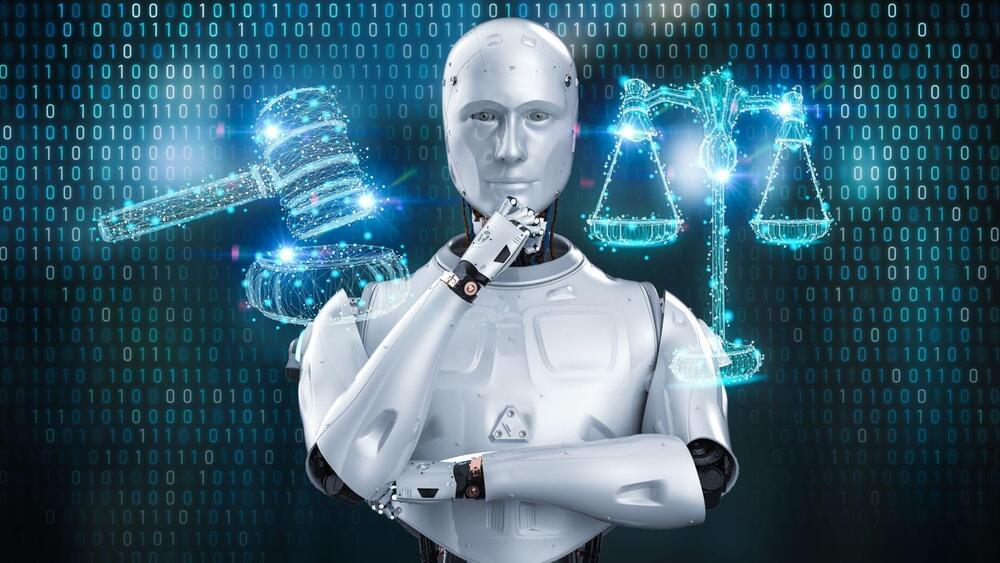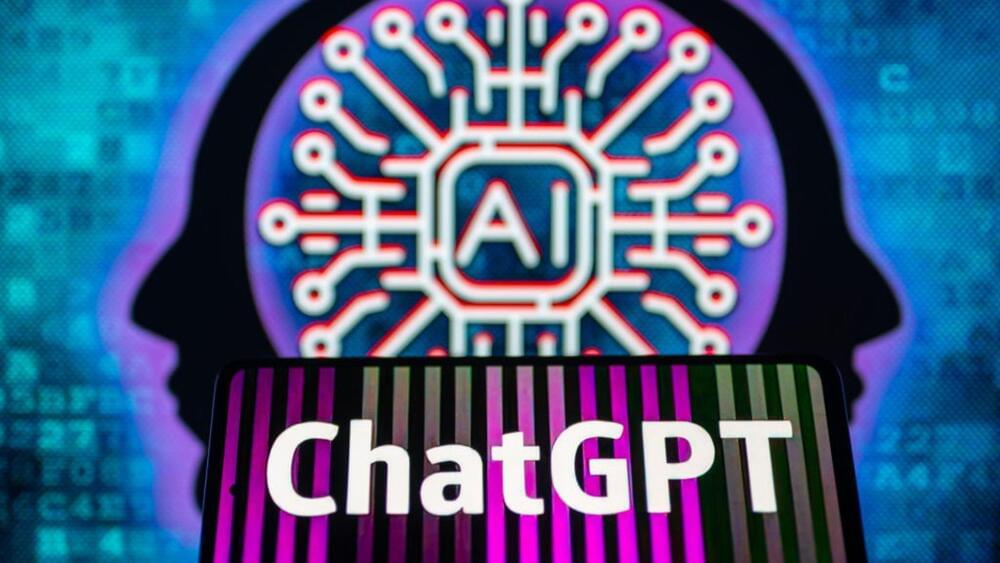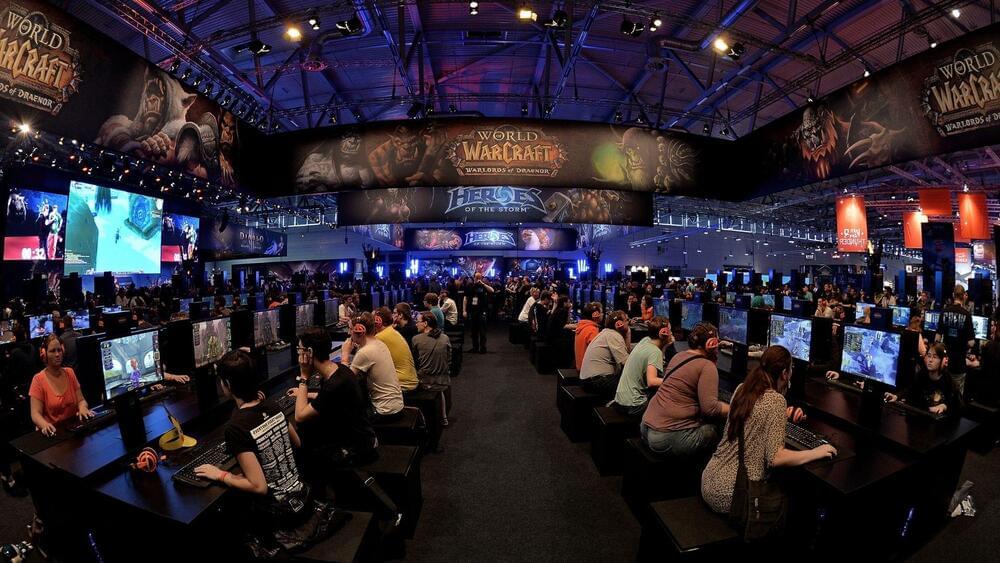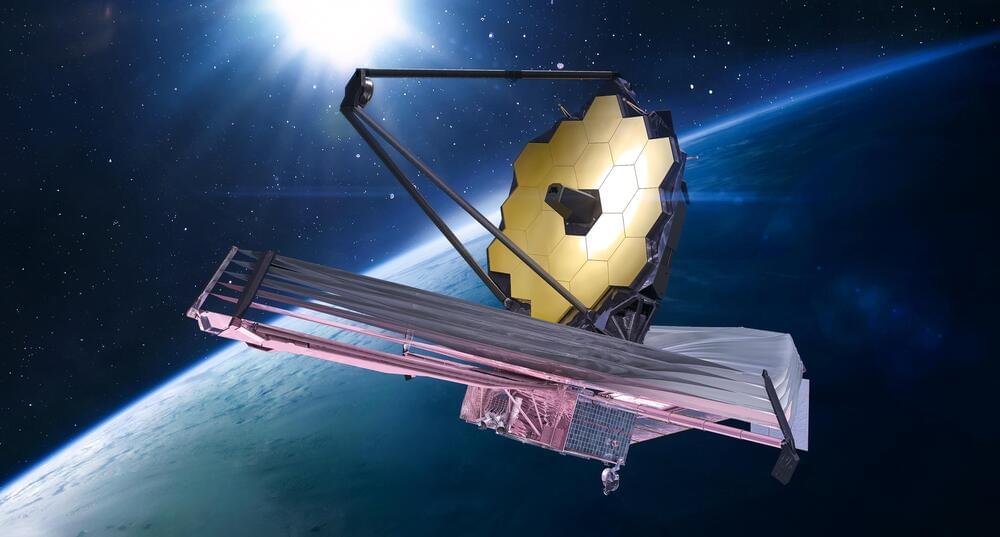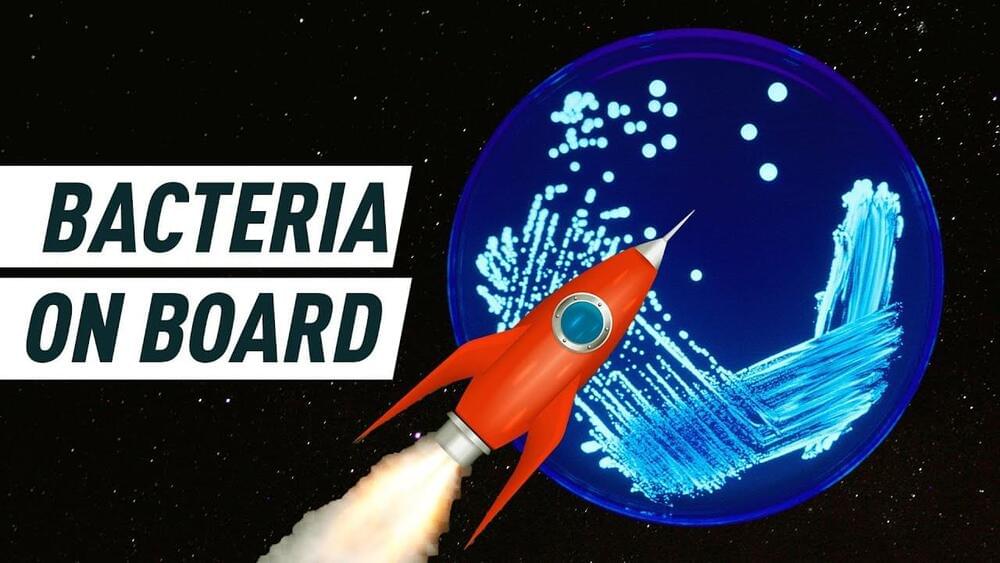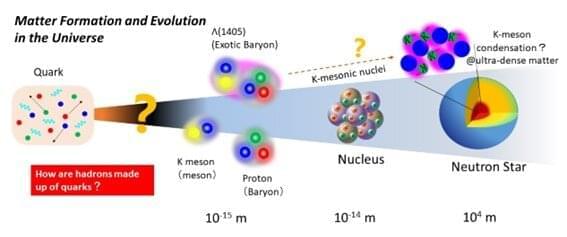Jan 27, 2023
Online AI chatbot ChatGTP wrote a bill to regulate AI
Posted by Gemechu Taye in categories: government, robotics/AI
A congressman wants it approved by Congress.
Rep. Ted Lieu, D-Calif, hopes to get a nod from Congress to support regulating artificial intelligence by using an AI tool to write a resolution calling for the same. He will introduce a nonbinding measure that would direct the House to consider artificial intelligence, a bill fully written by ChatGPT, an online AI chatbot.
With a basic prompt, Congressman Ted Lieu generated a standard congressional resolution supporting Congress’s focus on AI without specifying that it was written using AI.
Continue reading “Online AI chatbot ChatGTP wrote a bill to regulate AI” »
